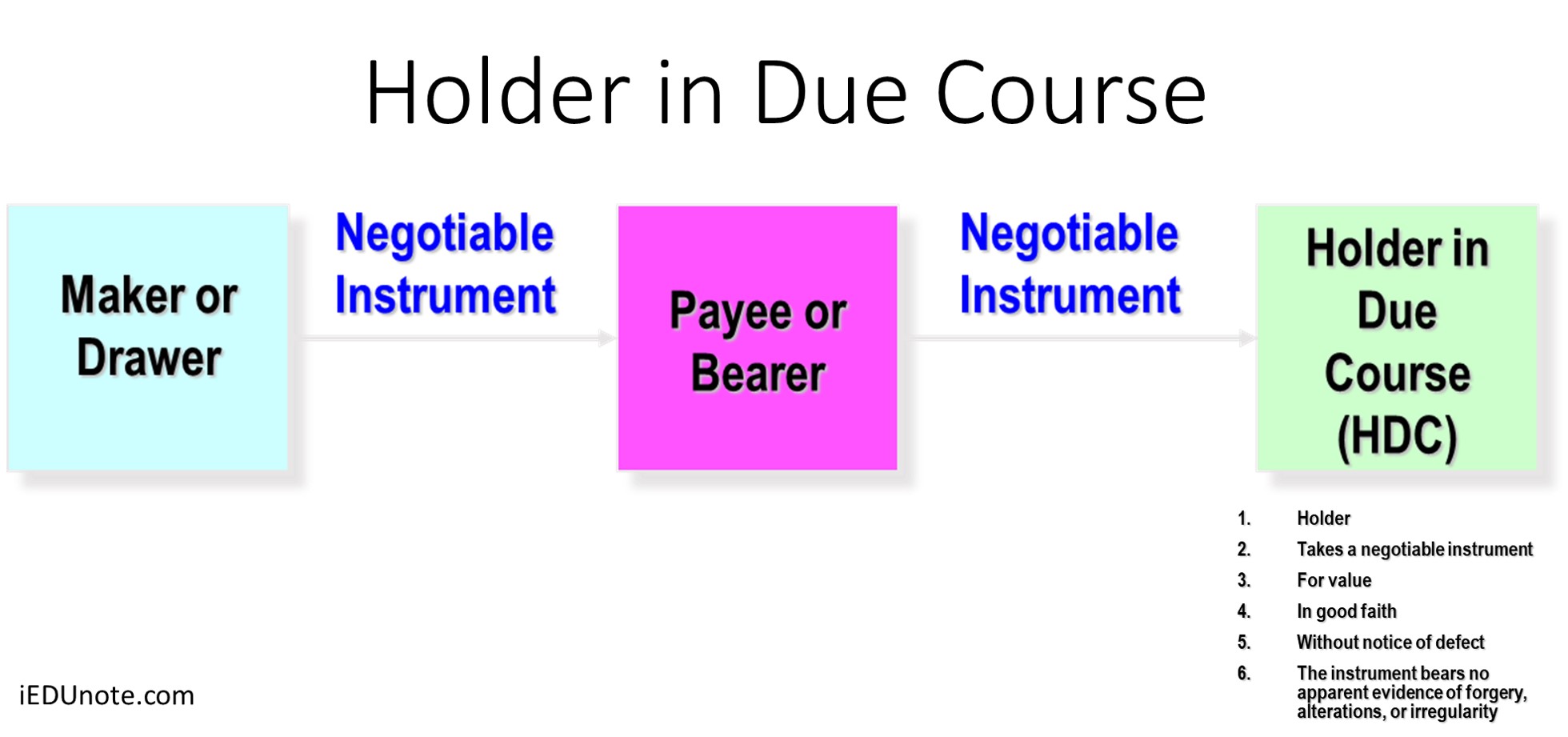Insurance and gambling are considered alike because there is uncertainty regarding events, and payment is made when the event occurs. Like gambling, the insured is unaware of the time and amount of loss.
If the event occurs, the insured, like the gambler, gains; otherwise, they experience the loss. However, there are certain differences between the insurance contract and gambling.
Nature of risk
In insurance, risks exist and may occur at any time. For example, death, old age, fire, marine perils, accidents, etc., may occur at any time.
If there is no insurance:
The person will suffer from the occurrence of these perils. But if insurance is taken against these risks, the insurer will provide a fixed amount or indemnify the amount of loss that occurred due to the insured perils.
Thus, insurance provides protection against these risks.
In the case of gambling, the risk does not exist; it is created for a game or amusement where one person will suffer while another person will gain.
In the absence of such a game, nobody will suffer. In the absence of insurance, the property owner will suffer, but due to insurance, no party will suffer.
Insurable Interest
In an insurance contract, insurable interest is essential.
Without an insurable interest, it would be a wagering, contract. Thus, this principle clearly distinguishes the insurance contract from gambling.
Insurance and Gambling Distinguished
- As an insurance students, it is necessary for us to be able to pinpoint the difference between insurance and wagering. There are:
- Insurance contracts are legally valid contracts, whereas, gaming and wagering contracts are void.
- Utmost good faith is required to be exercised in insurance contracts, whereas, it is not applicable to gaming or wagering.
- In insurance, the insured event may take place or may not, or may take place more than once (except life), but in gaming or wagering, the event will definitely take place, and it will take place only once.
- The principle of insurable interest applies to insurance contracts but not to wagering.
- The indemnity applies to insurance, but in the case of gaming or wagering the person winning gets back his stake and also a windfall gain.
- In insurance, it is known as to which party is immune from loss, but in gaming or wagering it is not known which party is going to win or lose.
- An insurance event is never desired by either of the parties, but parties to gaming and wagering would always like to win at the cost of the other.
So it’s clear that insurance is not gambling.

![Types of Insurance Organizations [A Comprehensive Guide] 2 Types of Insurance Organizations [A Comprehensive Guide]](https://www.iedunote.com/img/259/types-insurance-organization-e1529504882393.png)